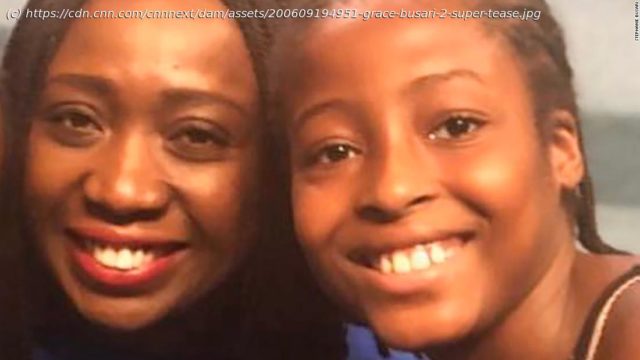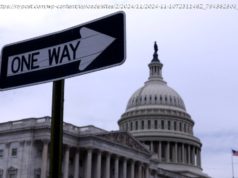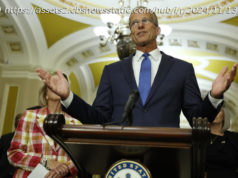«Why didn’t you tell me, mummy? I’m so upset!»
Editor’s note: Stephanie Busari is a Supervising Producer at CNN. She is based in Lagos, Nigeria where she leads multi-platform coverage.
Lagos, Nigeria»Why didn’t you tell me, mummy? I’m so upset!»
«Tell you what?»
«About George Floyd.»
My heart skipped a beat. My daughter is nine, and I had hoped to shield her from the brutality of that video.
«I wanted to protect you,» I replied, completely taken aback by the conversation.
Read More
«But mummy, you have to tell me these things. I have to be ready to deal with this because I am black.»
My little girl is already preparing herself for the hatred of others, simply because of her skin color.
«Is this why we moved to Nigeria?» she asked.
Joe Biden and Rev. Al Sharpton deliver remarks at George Floyd’s funeral in Houston
I took a deep breath and tried to answer her questions as honestly and openly as I could.
I explained that moving to Nigeria was partly because I wanted her to grow up in a world without racism and micro-aggressions, and the mental exhaustion that comes with them, just like I did when I was her age.
A world where her capabilities would not be pre-determined by her race.
A world where she would be part of a majority and not a tolerated minority.
A world in which she would be fully accepted and simply belong — without the need to explain where she was from, or to justify her existence.
Freedom from racism
I was born in Nigeria in the late 1970s and lived there until my family moved to London when I was 12; I wanted her to experience the freedom from racism I remembered back then.
But times have changed. We now live in an interconnected world. And here was my beautiful black daughter telling me that I can no more shield her from racism than I can stop her from breathing.
CNN journalist Stephanie Busari and her daughter moved to Nigeria from London four years ago.
My daughter was born in the UK. She was five when we moved to Lagos, and already had a consciousness of her race in ways that I did not have at the same age.
I think back to when I was nine years old, in the 1980s, living in a majority-black country.
The conversations then were entirely different.
I had no concept of the color of my skin until we moved to London in 1989.
From the «African bubu» taunts, to more insidious forms of racism. I once had a door kicked in my face. On another occasion, a white school friend told me one of his mates had asked him why he was hanging around with a «dirty African.»
I was born into a well-to-do middle-class Nigerian family, and grew up with all of the benefits that brought.
But in London, it quickly became clear to me that our status had changed — I was now an outsider, an «other,» whose daily interactions would be characterized by her race.
From the college advisor who told me that there weren’t many black journalists, so perhaps I should consider another career path, to being followed around by store attendants while shopping in south London, where I grew up.
Домой
United States
USA — Political What speaking to my daughter about George Floyd taught me about my...






